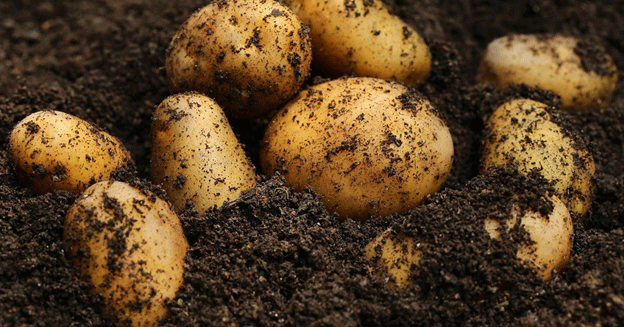Unexpected torrential rains have severely impacted potato growers in Sikasso, Mali, causing devastating financial losses and raising concerns about food security. This article investigates the consequences of climate instability for farmers and the broader agricultural market in Mali.
In Sikasso, the heart of Mali’s potato production—contributing over 250,000 tons annually—the heavy rains recorded between March 10 and 15, 2025, have left farmers reeling. Yacouba Berthé, a farmer with 40 years of potato cultivation experience, lost nearly six million CFA francs after three hectares of potato fields were submerged, destroying the entire crop. Berthé described this rainfall as unprecedented for the season, highlighting potatoes’ vulnerability to excessive moisture.
The rainstorm of March 14-15 alone delivered 76 mm of rainfall, causing widespread crop destruction and tragic human losses. Many farmers, like Sanata Diallo, have seen their livelihoods destroyed overnight. Diallo now resorts to selling sweet potato leaves after her entire potato crop was lost to flooding.
Consequently, the potato market in Sikasso is experiencing price instability. Prices have plunged from approximately 250-275 CFA francs per kilogram to as low as 150-200 CFA francs, as traders struggle with rapidly deteriorating potatoes compromised by excess moisture.
Mali’s predicament aligns with broader global patterns indicating increased vulnerability to climate-related risks in agriculture. Experts suggest integrating climate-resilient agricultural practices, improved drainage, and advanced forecasting systems to mitigate similar disasters in the future.
The devastating rainfall event in Sikasso underscores the urgent need for implementing adaptive agricultural strategies and infrastructure improvements to safeguard farmers against increasingly unpredictable weather patterns. Strengthening resilience will be essential for sustaining food security and agricultural economies in Mali and other climate-sensitive regions.







